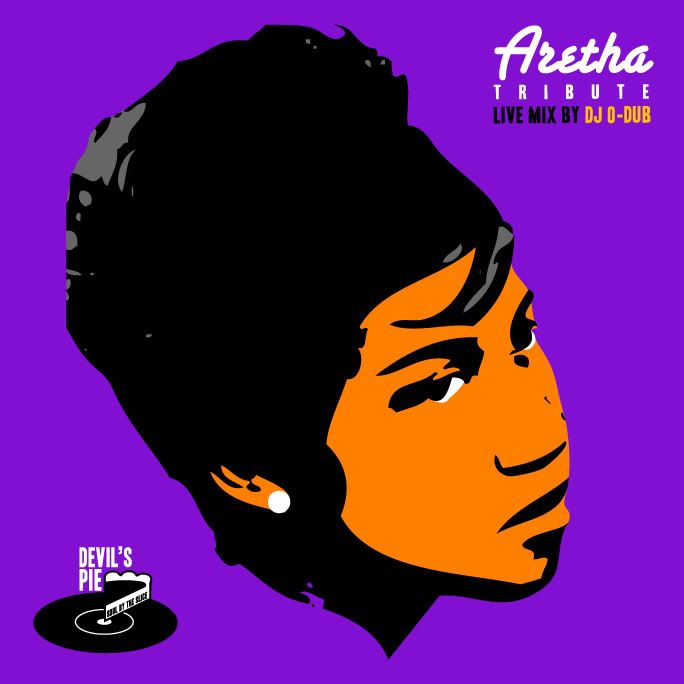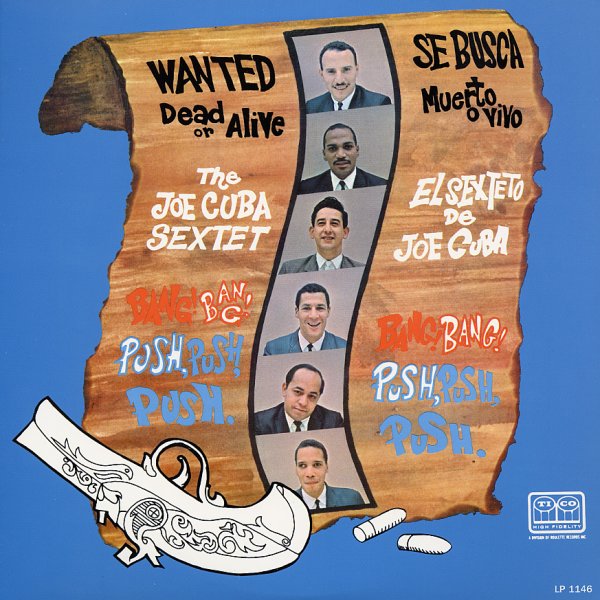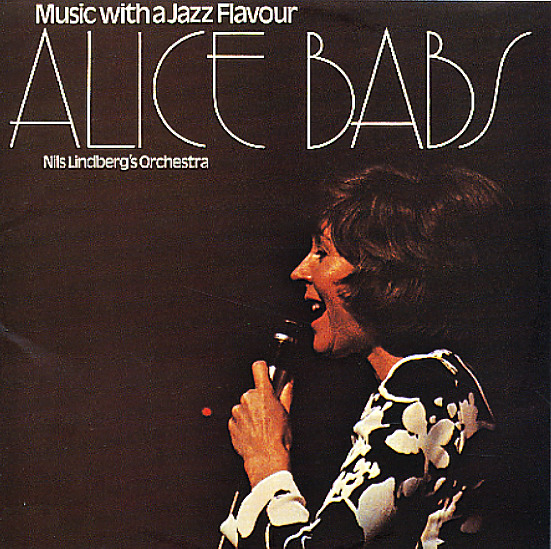CARRYING THE TORCH FOR SOUL
posted by O.W.

Rosa Batiste: Hit & Run
from 7" (Revilot, 196?). Also available on The Golden Torch Story.
Jimmy James & the Vagabonds: Ain't No Big Thing
From New Religion (Piccadilly, 1966). Also available on A Treasury of Northern Soul Vol.2
The Mylestones: The Joker
From 7" (Andre, 196?). Also available on Soul Function.
*Editor's Note: A few weeks ago, I created a suggestion box for Soul Sides. One of the first people to reply was Ian, who threw out the idea of a post on Northern Soul. I know a little about the scene but not nearly enough to write something of substance so I asked Ian if he'd be gracious enough to pen a post for us. Here then is Ian's reflections on Northern Soul for Soul Sides. We "Wigan" out - ha ha ha ha...er...ok, I'll shut up now. - O.W.
Being just too young to ever attend one of the legendary homes of the Northern Soul scene my fascination for The Torch was initially born out of my Father's warnings that the place was best avoided. Each Saturday we would shop in Tunstall, one of the Five Towns that make up the City of Stoke on Trent or Soul-on-Trent as the stickers on the Mod scooters would have it. My Grandma lived just around the corner from Hose street where the Torch was situated and it seemed every time we walked past my Dad would warn me that bad things happened there.
My initiation into Soul music was still a couple of years away. My early teens saw my Friday nights spent at the youth club disco at just about the time the Torch was closing for the last time. Still, the legacy of Soul Music had been laid in the city. It was all a very brief part of my musical education but one that would return a few years later, after my school days' flirtation with Rock had worked its way through my system.
The records are so numerous that it hardly seems right to name just a few. Just where do you start? Classic after classic - there was always the Motown hits that everyone knew, but interspersed in between were wondrous 2 or 3 minute gems that set the dancefloor spinning, literally. They were sounds not only of lesser known Motown artists but singers and groups that recorded on smaller labels that dreamt of following Motown's success.
Alas, most of these records ended up in American bargain bins - that is, until a handful of DJs and collectors arrived from an Underground movement to rescue them and turn them into dancefloor hits and valued collectors items. They came from the North West of the country, in towns and cities like Manchester, Wigan, Blackpool and Stoke on Trent. Clubs like The Torch, Twisted Wheel, and Wigan Casino. The movement was very much about dancing, dancing in a manner that pre-dates break dancing and incorporates Jazz style moves and even signs of influence that can be attributed to the cult of Kung Fu movies of the time.
The tracks I have chosen are best listened to on the Dancefloor. I have been shamefully selfish and picked three personal favourites.
Interesting Links











































